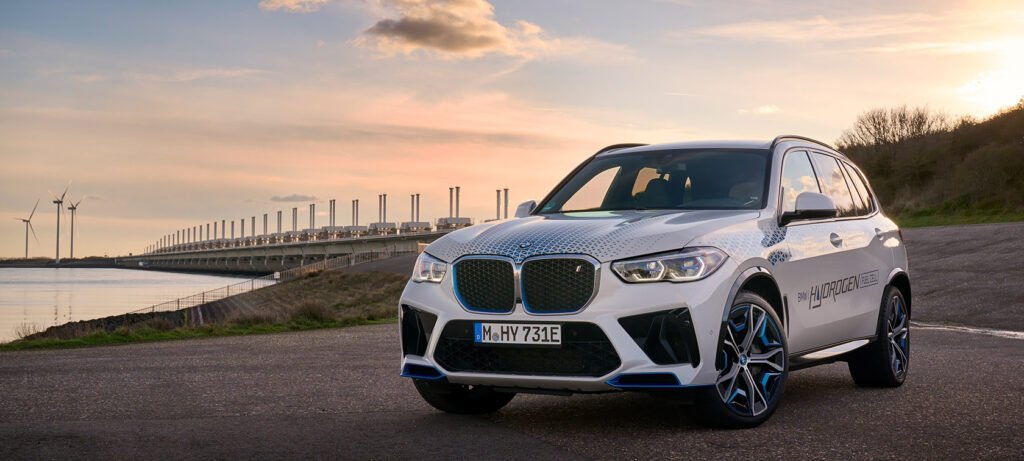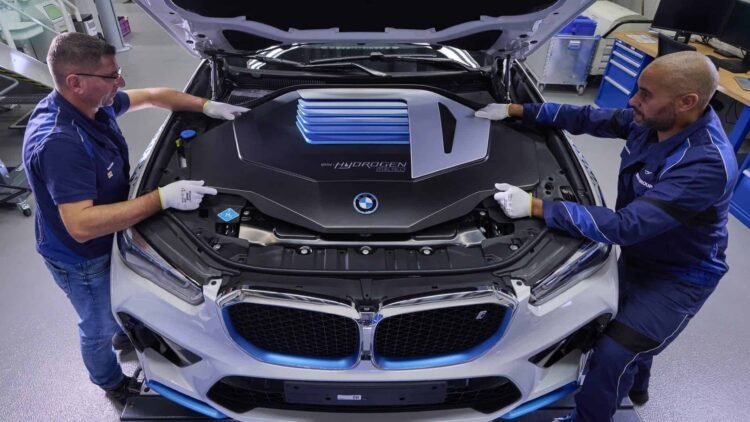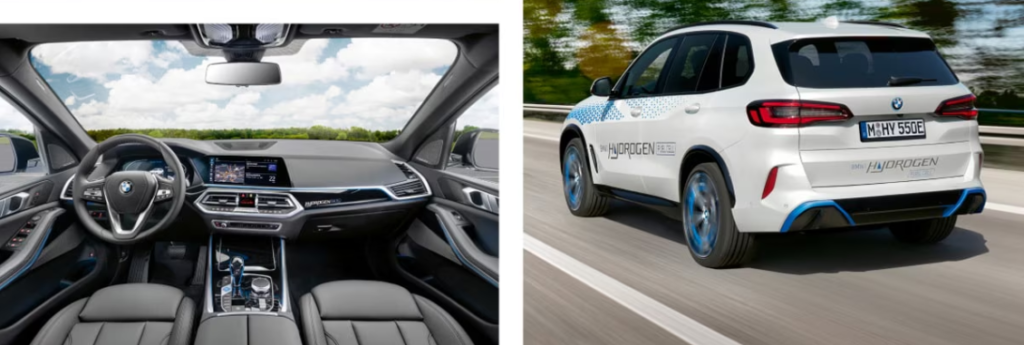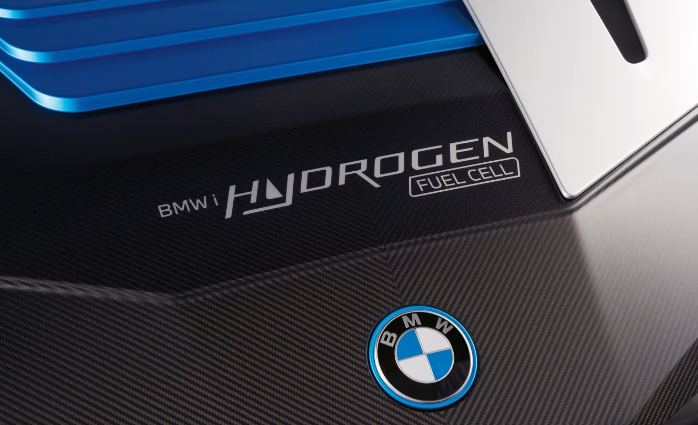BMW is making a significant shift in its electric vehicle (EV) strategy, prioritizing hydrogen fuel cell technology over battery-electric vehicles (BEVs) for the near future. This move is evident in their recent announcement of the iX5 Hydrogen, a limited-production SUV powered by a hydrogen fuel cell.

The iX5 Hydrogen shares its platform with the existing iX5 BEV, but with a crucial difference: a hydrogen fuel cell replaces the traditional battery pack. Hydrogen gas stored in onboard tanks powers the electric motor, offering several advantages over BEVs.
Firstly, refueling a hydrogen car takes just 3-5 minutes, similar to a gasoline vehicle. This is a stark contrast to the often lengthy charging times associated with BEVs. Additionally, hydrogen fuel cell vehicles boast a longer driving range per refill. BMW’s i Hydrogen NEXT concept, for instance, achieved a range of 374 miles, exceeding the typical range of most BEVs.

Hydrogen gas, despite being flammable, holds a higher energy density compared to battery power. This allows for a distribution network similar to traditional fuel stations, leveraging existing infrastructure. Hydrogen stations don’t require complex equipment like EV charging stations that rely on power grids.

The combination of rapid refueling, extended range, and the potential for a more readily available infrastructure positions hydrogen as a compelling environmentally friendly alternative. By the end of 2024, BMW plans to produce a limited number of iX5 Hydrogen vehicles (around 100) for testing and demonstration purposes. This initiative underscores their commitment to exploring hydrogen as a viable zero-emission solution alongside battery technology.
Reference- ECONews, Green Car Congress, The Verge, Vox, BMW Newsroom






